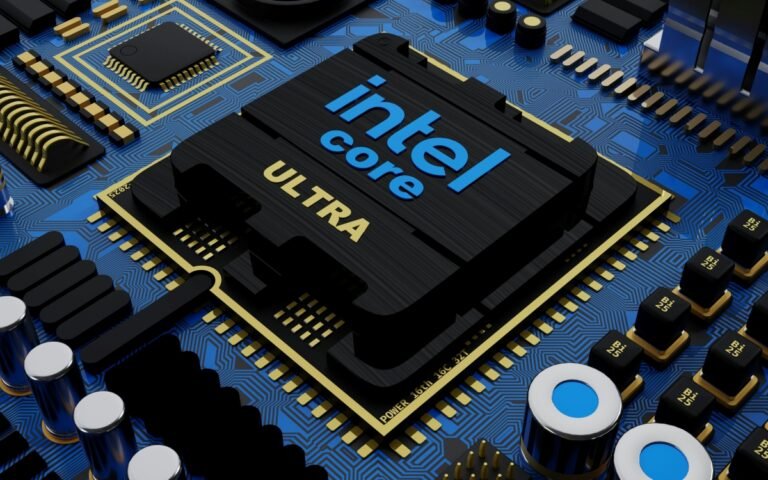Intel has revealed significant developments in its foundry business as part of its ongoing efforts to improve its performance.
The chipmaker is transitioning its Intel Foundry division into an independent subsidiary while maintaining leadership and oversight under an operating board with independent directors, Intel CEO Patrick Gelsinger announced in a blog post.
In a key move, Intel has paused its chip fabrication projects in Poland and Germany for two years due to anticipated market demand. The company is also reconsidering its chip packaging and testing operations in Malaysia.
Previously, Intel committed over $36 billion for semiconductor factories in Germany, $4.6 billion for a chip plant near Wrocław, Poland, and $7 billion for operations in Malaysia.
Despite these adjustments, Intel’s foundry business secured a major win by signing a deal with Amazon Web Services (AWS) to co-develop an AI chip using Intel’s advanced 18A fabrication process. Additionally, Intel will produce a custom Xeon 6 processor for AWS, further strengthening the ongoing partnership between the two companies.
Gelsinger highlighted Intel Foundry’s growth, stating the deal pipeline has tripled since the start of the year, and the AWS collaboration represents a “multi-year, multi-billion-dollar framework” with potential for further designs.
Intel’s strategic cost-cutting and new contracts, including a $3.5 billion Pentagon deal, boosted its stock by over 6% at market close. These gains come amid a difficult fiscal year for Intel, which posted a $1.6 billion net loss in Q2, following a $437 million loss in Q1. Intel Foundry also reported $5.3 billion in operating losses for the year’s first half.
ALSO READ: UBER EXPANDS PARTNERSHIP WITH WAYMO FOR AUTONOMOUS RIDE-HAILING
However, Intel faced setbacks, including losing a potential $30 billion deal with Sony to manufacture chips for its next PlayStation console. The company has also launched a $10 billion cost-reduction plan, resulting in the layoff of 15,000 staffers, with further reductions expected by year’s end.
Intel is reportedly considering selling its autonomous driving arm, Mobileye, and its enterprise networking division as part of its broader restructuring efforts.




